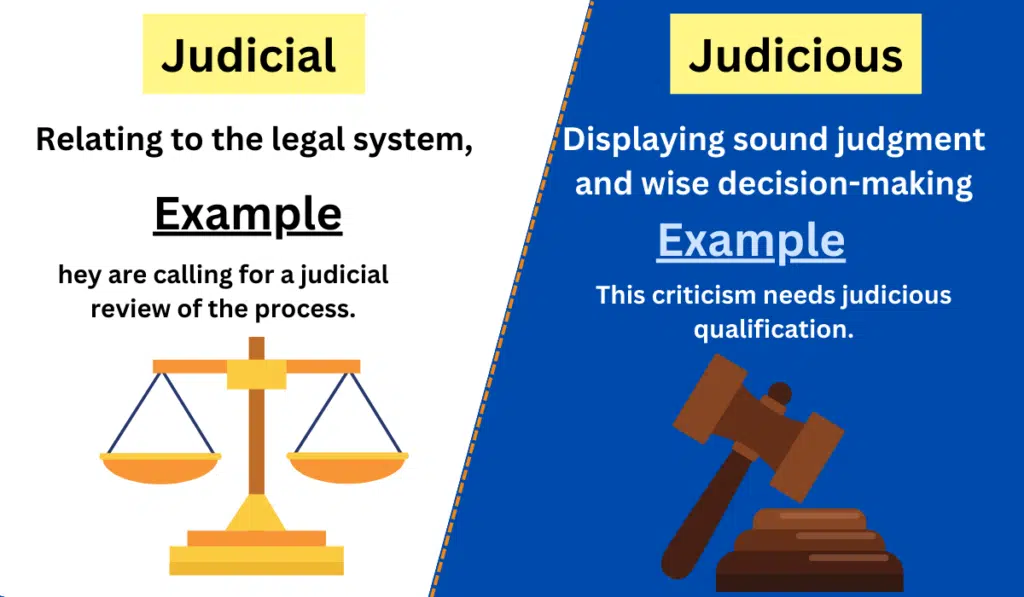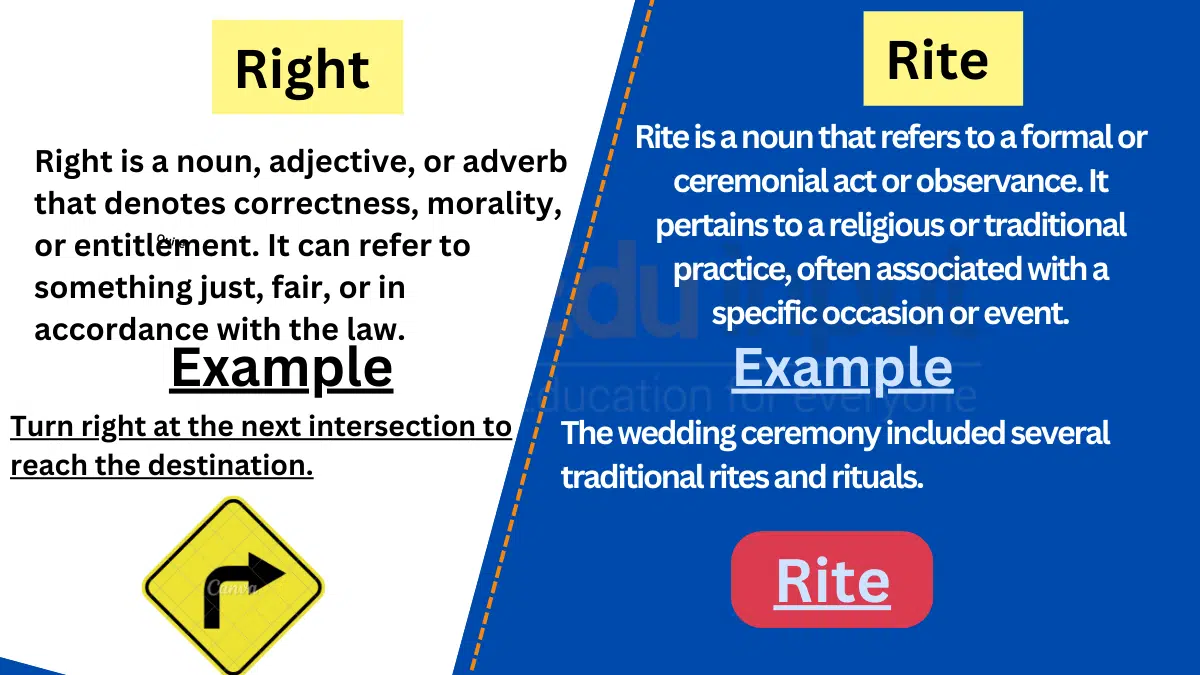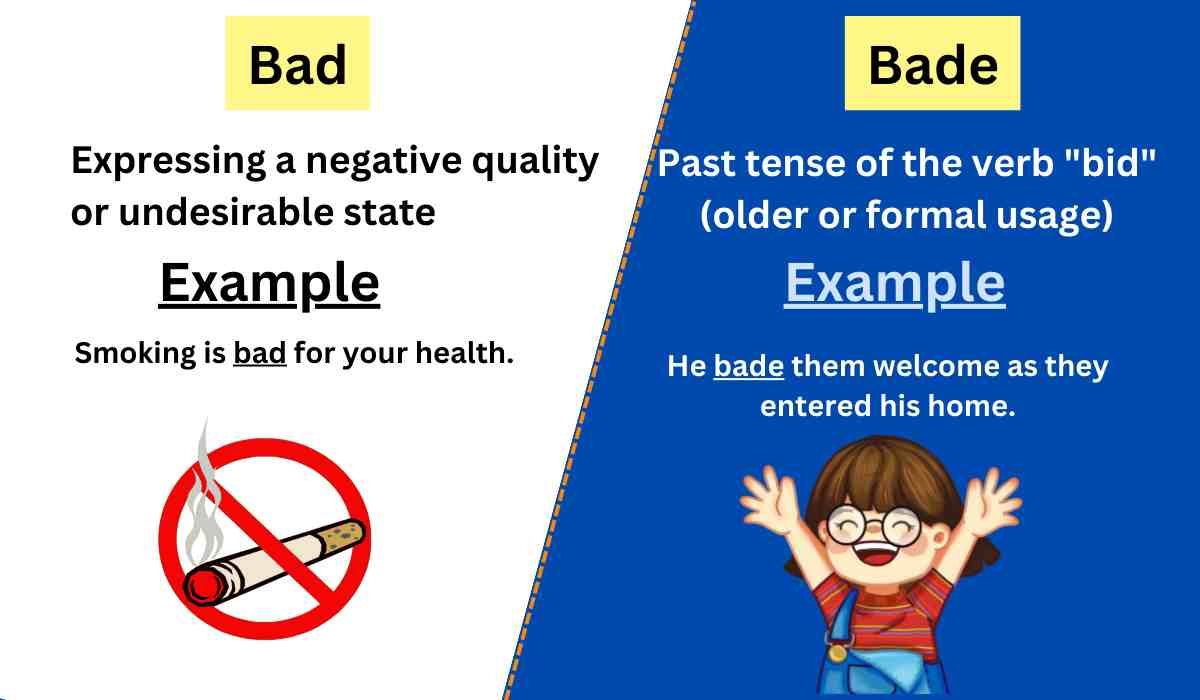Judicial vs. Judicious-Difference between and examples
Within the intricate tapestry of language, certain words share resemblances that can cause confusion.

Among such pairs is “judicial” and “judicious,” two terms that, despite their similar roots, encompass distinct meanings and serve different purposes.
This article embarks on a linguistic exploration to unravel the nuances between “judicial” and “judicious,” delving into their definitions, contexts, and applications.
By understanding their unique identities, we can navigate the realm of language with clarity and precision.
Join us as we distinguish between the realm of law and the realm of wise judgment, uncovering the differences between “judicial” and “judicious.”
Meanings and Examples
Judicial Definition
Definition: “Judicial” relates to the legal system, courts, or the administration of justice.
Examples of Judicial
- The judge’s role in the judicial process is to interpret and apply the law to ensure a fair trial.
- The judicial branch of government is responsible for upholding and interpreting the constitution.
- Legal scholars study landmark judicial decisions that have shaped the course of legal history.
Judicious Definition
Definition: “Judicious” describes the ability to make wise and sensible decisions, displaying sound judgment and careful consideration.
Examples of Judicious
- A judicious approach to problem-solving involves weighing all the relevant factors before reaching a decision.
- A judicious leader listens to various perspectives and seeks consensus before implementing a course of action.
- The investment advisor provided judicious advice based on thorough research and market analysis.
Difference between Judicial and Judicious
| Category | Judicial | Judicious |
| Meaning | Relating to the legal system, courts, or administration of justice | Displaying sound judgment and wise decision-making |
| Example | “The judge’s role in the judicial process is to ensure a fair trial.” | “A judicious approach to problem-solving involves careful consideration.” |
| Usage | Legal proceedings, courts, law | Wise decision-making, sound judgment |
| Context | Legal system, justice, governance | Decision-making, problem-solving, leadership |
Usage in a Paragraph
In the realm of law, the term “judicial” assumes paramount importance. It encompasses all aspects of the legal system, including courts, judges, and the administration of justice.
Within this context, the judiciary plays a crucial role in interpreting and applying the law, ensuring the fair and impartial resolution of disputes.
Judicial decisions set legal precedents, shaping the course of future legal proceedings and contributing to the development of legal principles.
On the other hand, the term “judicious” transcends the confines of the legal system and delves into the realm of wisdom and discernment.
It emphasizes the ability to make wise and thoughtful decisions, considering all relevant factors and weighing various perspectives.
Being judicious involves careful deliberation, meticulous analysis, and a balanced approach to problem-solving.
Judicious individuals exercise sound judgment, seeking to make choices that are beneficial, fair, and conducive to the best possible outcomes.
While “judicial” and “judicious” may share etymological roots, their meanings and applications diverge significantly.
“Judicial” relates to the legal system, courts, and matters of justice, while “judicious” pertains to wise decision-making and exercising sound judgment.
Understanding the distinctions between these terms enables effective communication and precise expression of ideas.
By navigating the subtle differences between “judicial” and “judicious,” we enhance our linguistic prowess and communicate with clarity and accuracy.







Leave a Reply